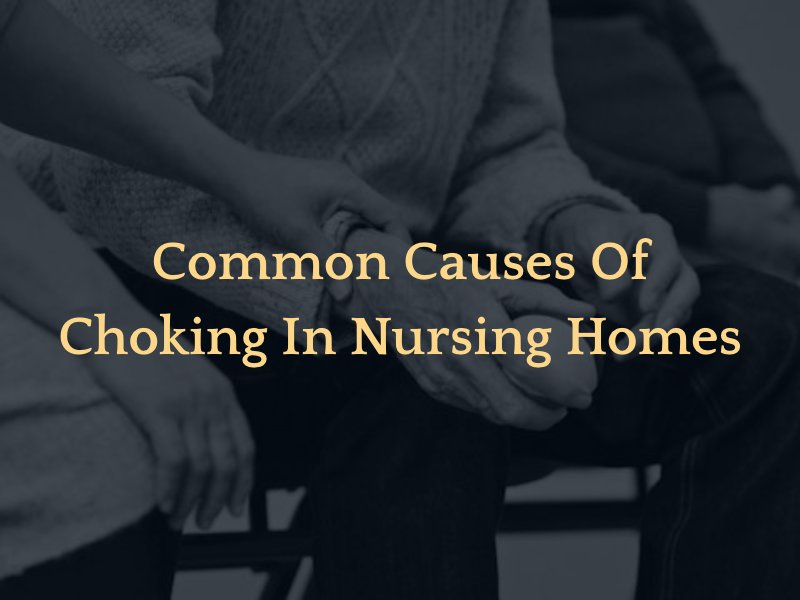
Most people consider choking as a hazard experienced mostly by children, but choking deaths are more common in the elderly. Those over the age of 65 face seven times the risk of choking to death compared to young children. Residents of nursing homes face an elevated risk of choking due to lack of supervision at mealtimes and other factors such as inadequately prepared food. It’s important to understand why elderly citizens experience choking and the proper preventative measures nursing home staff and other caregivers should take to minimize this substantial risk. If you suspect neglect, consult a Phoenix elder abuse lawyer.
How Common Is Nursing Home Choking?
Studies show that choking is the second-leading cause of preventable deaths among the elderly in nursing homes and assisted living facilities. It’s largely believed that choking deaths are underreported or often passed off as death by natural causes. Caregivers in nursing homes are responsible for preventing choking deaths among their residents, but many nursing home administrators and staff fail in this duty by inadequately screening for choking risks in the residents under their care.
Why Is Choking More Common in the Elderly?
As people age, their normal bodily processes slow down, weaken, and deteriorate. This includes the ability to swallow efficiently. Common causes of swallowing problems and choking in the elderly population include the following:
- Tooth loss leads to less masticated food
- Changes occur in the throat structures
- The elderly experience dry mouth from medications
- Elderly people experience a loss of muscle strength in the tongue
- Poor swallowing reflexes
- Dysphagia (difficulty swallowing) caused by stroke, Parkinson’s Disease and dementia
- Drooling
- Heartburn
Because these common changes occur in elderly residents, nursing home caregivers must take measures to prevent choking.
How Can Nursing Home Staff Prevent Choking?
Nursing homes have a duty to address the special needs of their elderly residents, including dietary restrictions. Even those with a low risk of choking may require special considerations when over the age of 65. These include the following:
- Residents shouldn’t be rushed at meal times
- Nursing homes should avoid foods with high-risk textures such as hot dogs
- Residents shouldn’t be distracted during meals
- Residents of nursing homes should be screened regularly for dysphagia
When a nursing home resident has dysphagia or is at a high risk of choking due to other medical conditions, nursing homes have a legal and ethical duty to do the following:
- Serve the resident soft or finely cut foods
- Ensure that the resident at risk is supervised during meals
- Place the at-risk resident in a fully upright position at mealtime
- Enact an oral care plan
- Ensure the resident’s dentures are affixed securely into place during meals
- Remind the resident to swallow or slow down when necessary while eating
- Ensure access to water and other beverages during meals
When a nursing home fails to adequately address a resident’s risk of choking it’s an act of neglect.
Choking Deaths in Nursing Homes
When an elderly person’s airway is blocked due to choking on food, the disruption in oxygen flow to the brain can quickly lead to death. Adequate food preparation, patient monitoring, and screening for dysphagia and other choking risks are necessary to prevent choking deaths in nursing homes. When a nursing home fails in this duty, they are liable for damages to family members.
Consult a Phoenix nursing home abuse lawyer to understand your legal options and protect your loved ones.
